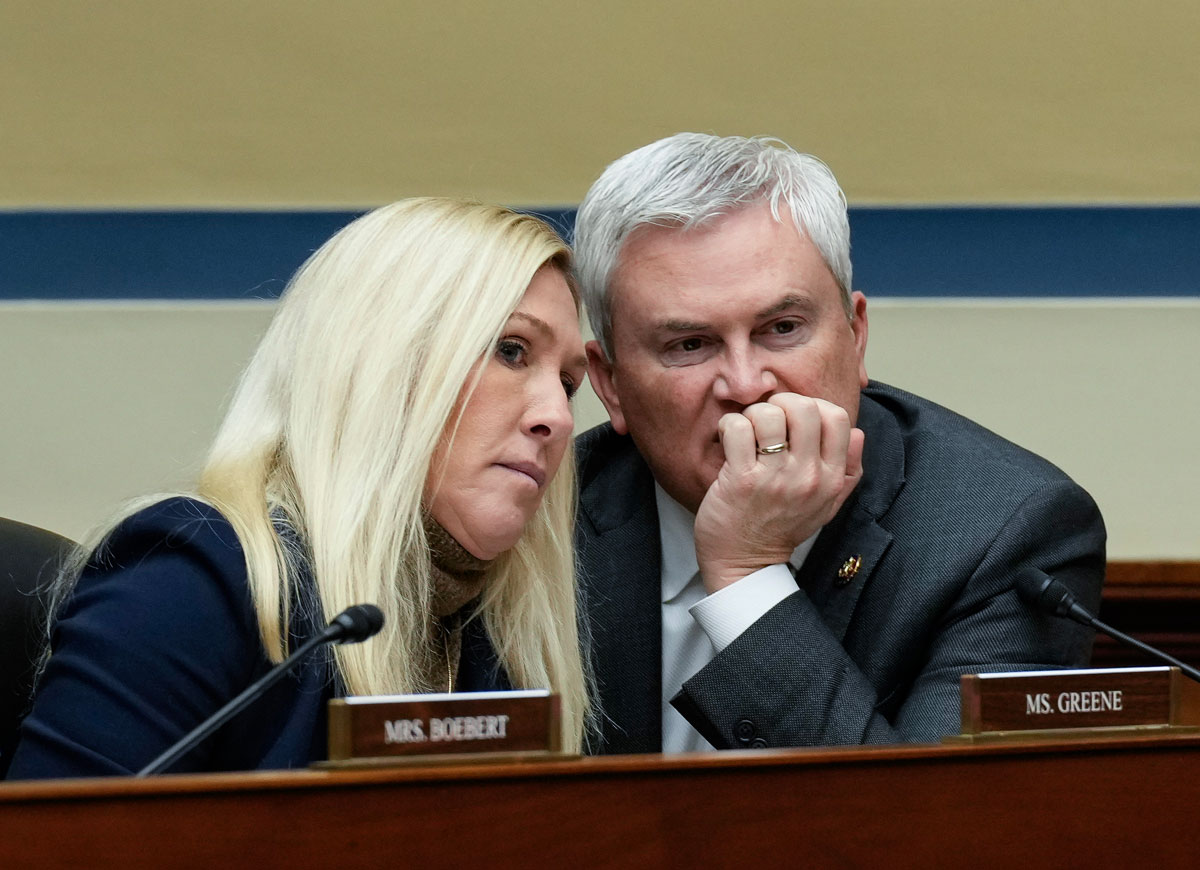Two Men Identified As Authors Behind QAnon Discovered By Machine Learning
Two teams of forensic linguists have been working to track down the identity of Q, an anonymous writer claiming to be a government insider who has been fueling the conspiracy movement QAnon since 2017. The teams have used a machine learning program to identify two men as the potential origin of Q.
Who Is Q?
This research was publicized in a New York Times report Saturday, and named South African software developer Paul Furber as the most likely person behind the very first Q posts. They also alleged that Furber collaborated with Ron Watkins to compose messages under the pseudonym. Furber and Watkins were already known as prominent figures in the movement before this material was released, and Watkins recently announced his intent to run for Congress in Arizona.
Through a large number of messages shared first shared on 4chan by the Q moniker, a massive conspiracy began developing. He said he was a powerful government official, and wrote that D.C. is controlled by a cult-like group of cannibalistic child abusers composed of powerful Democratic politicians, Hollywood actors and other promiment Liberals.
QAnon believers think that this cabal worked directly against Donald Trump while he was in office, and that Trump was going to mass-arrest and execute supposed members of this group in an event known as “the Storm.” QAnon has gained a large amount of momentum worldwide, with some behind events such as the 2021 Capital Riots being heavily linked to the conspiracy group.
Both teams of researchers, hailing from France and Switzerland, used slightly differing strategies, but both were essentially training an AI to track patterns in Q’s writings, then comparing them to public social media posts written by their suspects. The French team spoke with the New York Times and were extremely confident in their results, saying that Furber’s writing was a 98% match with Q, while Watkins’ was a 99% match.
Furber disputed this research in a statement to the Times, saying his posts sounded like Q’s because his messaging “took over our lives, literally. We all started talking like him.” Watkins told the paper simply “I am not Q,” in a phone interview, but quickly went on to praise QAnon, saying it is “fighting for the safety of the country, and for the safety of the children of the country.”
RELATED ARTICLES
Get the most-revealing celebrity conversations with the uInterview podcast!






Leave a comment